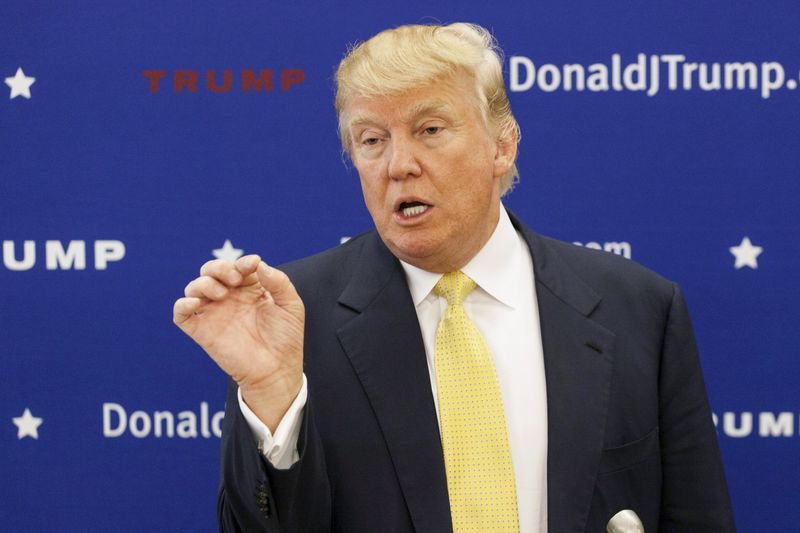(Bloomberg) -- The Trump administration is moving toward hosting a summit with a bloc of six Arab nations later this year, but first wants to see signs of progress in ending a standoff between U.S. allies in the Gulf, a person familiar with the matter said.
Planning for a meeting with the Gulf Cooperation Council has been held up over concern that the conflict between Qatar and its neighbors led by Saudi Arabia may only be prolonged if the U.S. lets the summit proceed without movement toward a resolution, according to the person, who spoke on condition of anonymity. The White House is considering Camp David as a possible venue.
The meeting would follow a summit last May in Riyadh, where President Donald Trump met with GCC leaders from Saudi Arabia, Qatar, Kuwait, the United Arab Emirates, Oman and Bahrain, and called for concerted Gulf action to combat terrorism.
The following month, four of the countries severed diplomatic and transport links with Qatar, accusing it of backing extremist groups and cozying up to Iran -- claims the government in Doha has repeatedly denied. Saudi Arabia closed Qatar’s only land border.
Thanking Qatar
While Trump initially echoed the condemnation of Qatar as supporting terrorism, he has moderated his tone as Secretary of State Rex Tillerson has sought to mediate the standoff. In a call last month, Trump thanked Qatar’s ruler for “action to counter terrorism and extremism in all forms.”
The Middle East has been a key foreign policy issue for the Trump administration, with much of it centered around support for the Saudis. The White House has backed the kingdom’s “anti-corruption” campaign, which has ensnared top princes and billionaires once seen as U.S. allies, it has provided support for the Saudis in their war in Yemen and it has been muted in criticism of the crisis sparked when Lebanon’s prime minister briefly resigned last year while in Saudi Arabia.
A GCC meeting in December was overshadowed by the regional rift. Qatar’s ruler, Sheikh Tamim bin Hamad Al Thani, was the only head of state other than his Kuwaiti host to attend, as other nations sent lower-ranking ministers. The absence was an apparent snub to Qatar and to Kuwait’s efforts to mediate an end to the boycott.
After a period of relative calm, the dispute escalated in last month. Saif Al Suwaidi, the director general of the U.A.E.’s civil aviation authority, said that Qatar had buzzed two passenger planes with its fighter jets. Qatar has denied that either incident took place. The Saudi-led bloc has demanded that Qatar shut down Al Jazeera television, refrain from backing Islamist groups and scale back relations with Tehran.
